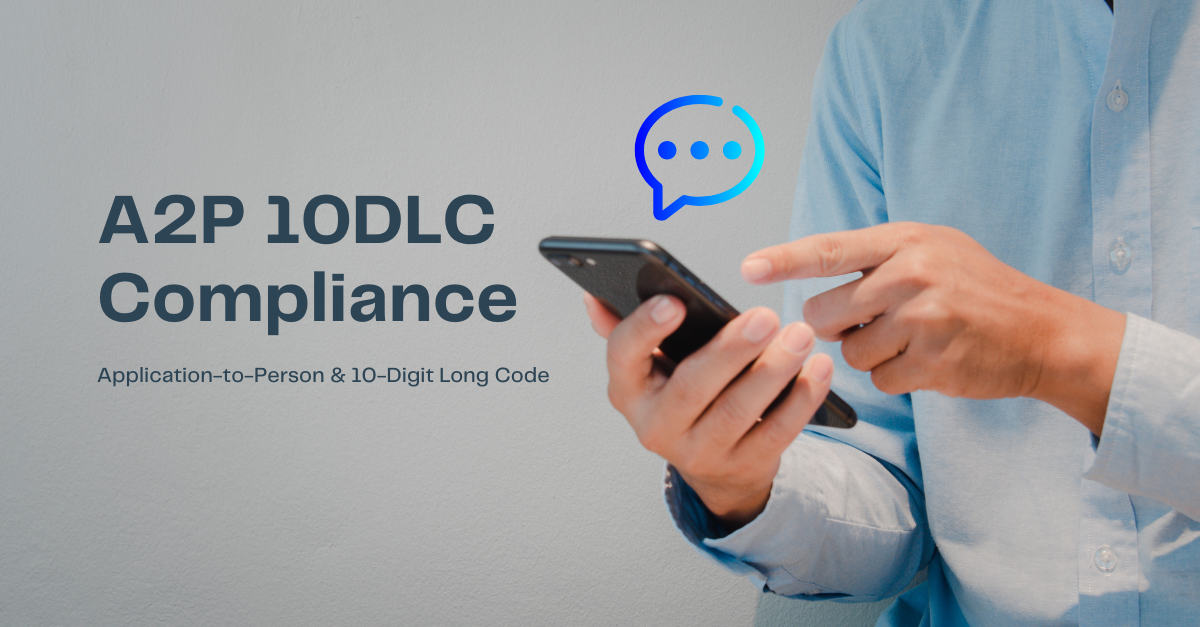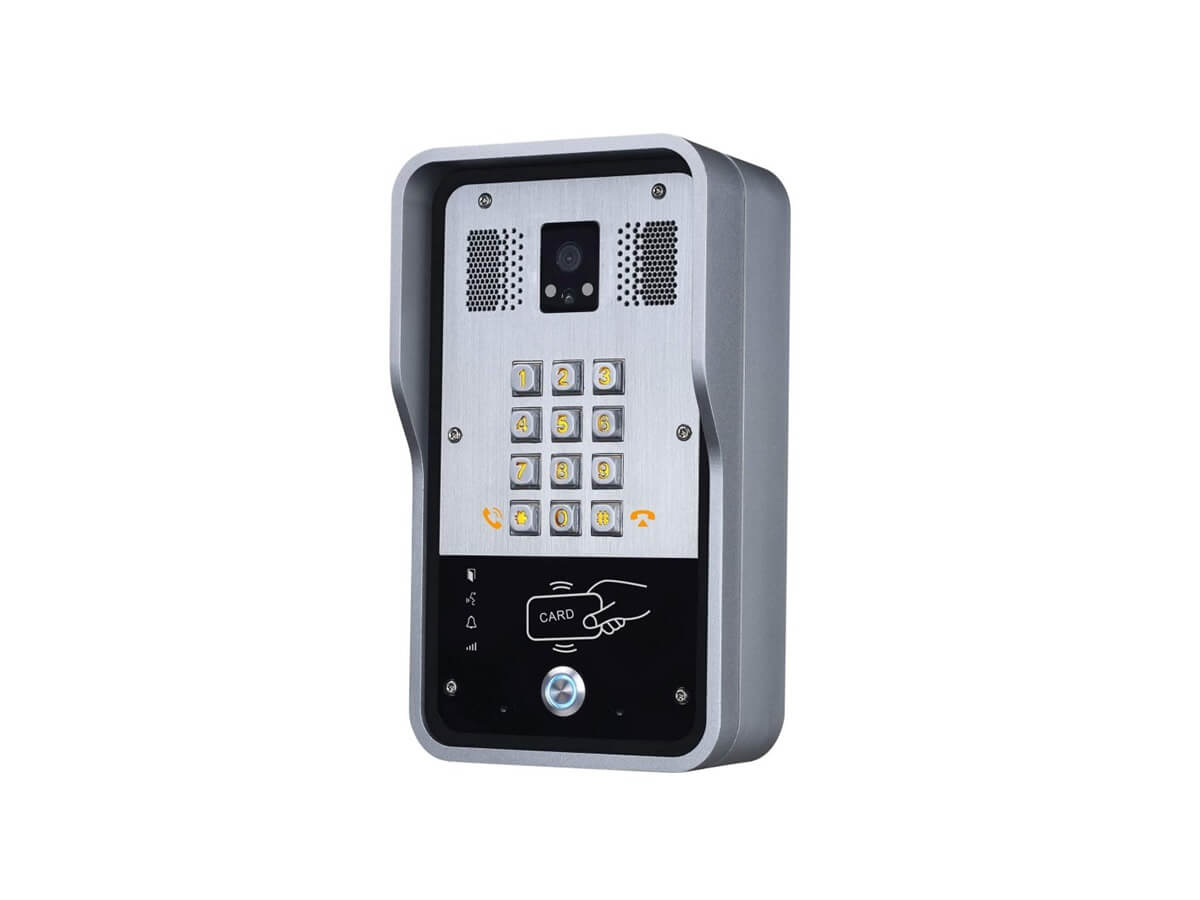Communication is one of the keys to the success of any organization. So it should come as no surprise that businesses are eager to switch to VoIP as it gives them new capabilities. Every organization uses multiple channels of communication – both internally and externally. VoIP systems allow enterprises to integrate everything from voicemail to faxing in one place.
However these new capabilities don’t come alone. Upgrading to a VoIP system from the regular PSTN based PBX boxes changes the security landscape for a company. The switch away from physical copper lines to IP-based protocols is a significant one. The experience for end-users remains the same, so very few individuals understand the backend complexities involved.
VoIP systems are based on Internet protocols, similar to those that govern email and other types of data. It is the basis for the advanced features VoIP can support but the other side of the coin is that it brings up numerous security issues.
Potential Security Problems for VoIP Installations
Some security threats for VoIP are familiar to users like spam calls. Others are more esoteric and require more complex tools to shield against. As with any other technology, part of VoIP security involves user awareness and training. Even the most secure VoIP deployment can be compromised if a staff member loses their password or it is stolen by a hacker. Regular training for employees is the best protection for any enterprise, along with appropriate Security technology.
SPAM Calls
We are all familiar with spam calls on our landlines or mobile phones. At a personal level, they are annoying and a waste of time. However they pose a much more serious threat for enterprises who often deal with hundreds of such calls daily. This is because spam caller targeting organizations have a more insidious purpose. In many cases they are trying to gain confidential information from users such as personal data, confidential business information, account information or passwords and so on.
Some providers offer blocking solutions that can prevent spam calls from reaching users. While these tools get better every year, the best protection is to educate employees. A combination of automated technology and educated workers will go a long way in protecting against spam callers.
Unencrypted Voice Calls
Voice calls contain confidential business information – whether it is customer orders, account numbers, sales inquiries etc. However all that information is traveling over the data network without any protection if you don’t do something about it. Hackers can listen in on conversations or even record them for later analysis.
The best solution for this is to select a service provider that encrypts all voice traffic. This can be expensive for a business in two ways. One is that the price of the service might be higher than its unencrypted counterpart. Encrypted traffic will also consume more bandwidth but most organizations will not see any change since they have high-speed Internet connections.
Security Issues Affecting Hardware
Most people don’t think that hardware can be susceptible to security attacks but the reality is very different. Manufacturers regularly put out firmware updates to protect against new or old security loopholes. The problem is that most businesses are not even aware that there is a problem and therefore do not have a solution to deal with it.
Security patching and updating should be a part of the security program in any company. It is not an airtight guarantee but attackers are more likely to move on to their next target if your hardware is patched up to date.
Hacking Attempts
VoIP systems integrate many different types of communication including voicemail, faxing, voice calls and even video conferencing. This integration takes the form of software, applications and similar tools. It means that your VoIP deployment is susceptible to the same sort of threats as other enterprise technology. Attacks can cripple your voice network, steal data from servers or lockup your phones preventing legitimate calls from coming through.
There is no silver bullet solution to protect against hackers. Shielding from these types of attacks requires a combination of techniques and tools. One part of it is that every person within the company should practice good cyber security habits. Whether it is system administrators or end-users, everyone has a part to play. Changing the default passwords, not sharing them with anyone else or writing them down are just a few examples.
The other part is technology. Regular monitoring and periodic testing will allow your company to identify problems before they snowball into bigger issues. Making sure that software is up to date and all security alerts are enabled properly is also a good step. Securing your VoIP insulation can appear overwhelming at first but setting up your defenses one by one is the only way to get started.




